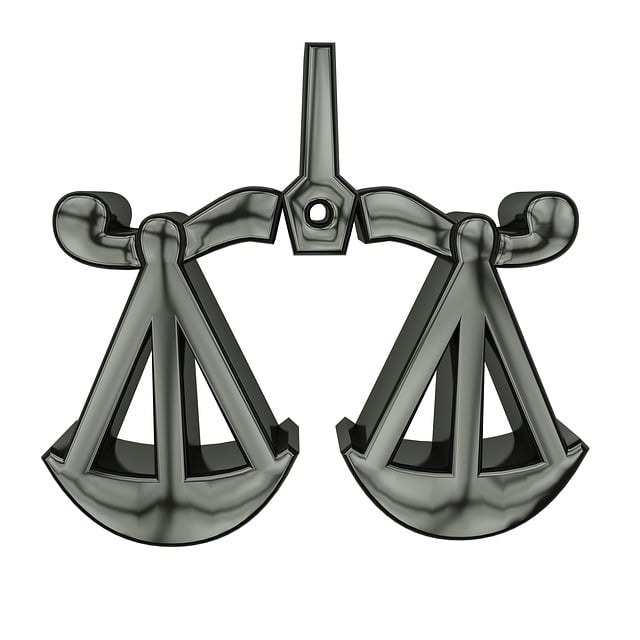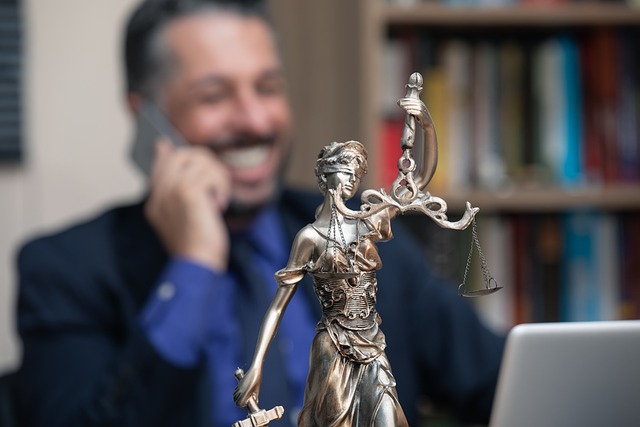Litigation Support Services and expert witnesses play pivotal roles in appealing criminal sentence decisions, ensuring fairness and justice. Specialized businesses offer crucial case analysis and strategic arguments, while expert witnesses provide unbiased professional opinions to sway judicial decisions. Skilled general criminal defense attorneys navigate complex processes, scrutinize trial records, and present compelling evidence to challenge sentences or overturn convictions. Understanding the appeal process and effective communication are key, with lawyers conducting thorough research and presenting strategic arguments for informed decision-making to achieve favorable outcomes.
Litigation Support Services play a pivotal role in legal proceedings, especially when it comes to appealing a criminal sentence decision. This comprehensive guide delves into the intricacies of these services, focusing on key aspects like the role of expert witnesses, legal strategies for appeals, and how to navigate common misconceptions during the appeal process. Understanding these elements is essential for building compelling arguments and ensuring fairness in criminal cases.
- Understanding Litigation Support Services: An Overview
- The Role of Expert Witnesses in Criminal Cases
- Appealing a Sentence: Legal Strategies and Rights
- Common Challenges and Misconceptions About Appeal Processes
- Effective Communication: Building a Compelling Argument for Appeal
Understanding Litigation Support Services: An Overview

Litigation Support Services play a pivotal role in legal proceedings, especially in high-stakes cases where the stakes are high and outcomes can significantly impact lives and businesses. These services encompass a wide range of activities designed to assist lawyers, judges, and clients in navigating complex legal landscapes. From legal research and document management to expert witness coordination and data analytics, these professionals ensure that justice is served efficiently and effectively.
In the context of appealing a criminal sentence decision, litigation support can be instrumental. Across the country, many respective businesses specialize in providing detailed case analyses, identifying potential errors or omissions, and building compelling arguments to present before judges. This meticulous approach not only strengthens legal defenses but also ensures that all available options are explored, offering individuals a fair chance at justice and a new perspective on their cases.
The Role of Expert Witnesses in Criminal Cases

Expert witnesses play a pivotal role in criminal cases, often acting as crucial allies for the defense team. Their primary function is to provide an unbiased, professional opinion on a specific aspect of the case, which can significantly influence the outcome. These experts are called upon when complex issues or specialized knowledge are required to understand and interpret evidence. For instance, in cases involving scientific or technical matters, such as forensic analysis, digital forensics, or medical examinations, expert witnesses ensure that the court receives accurate and reliable information.
The testimony of an expert witness can be instrumental in appealing a criminal sentence decision. Their detailed explanations help judges and juries comprehend intricate details, potentially leading to more favorable outcomes for the defense. Moreover, their involvement may also foster a sense of transparency and fairness within the legal system, as they bridge the gap between technical expertise and judicial interpretation. This is particularly relevant when navigating complex cases that could impact not just the individual accused but also the broader philanthropic and political communities.
Appealing a Sentence: Legal Strategies and Rights

When a defendant is dissatisfied with their criminal sentence, they may have the option to appeal. Appealing a criminal sentence decision involves understanding complex legal strategies and rights. A skilled general criminal defense attorney can navigate this process, ensuring every step aligns with state laws and previous case precedents.
In high-stakes cases, where winning challenging defense verdicts is paramount, an experienced lawyer will scrutinize the trial record for errors or inconsistencies. This may include challenges to evidence handling, witness credibility, or procedural fairness. By employing strategic arguments and presenting compelling new evidence, a successful appeal can lead to reduced sentences, overturned convictions, or even a complete dismissal of charges.
Common Challenges and Misconceptions About Appeal Processes

Navigating appeal processes can be a complex and daunting task, especially for individuals seeking to appeal a criminal sentence decision. Many defendants face common challenges that often create misconceptions about the appeal process. One significant hurdle is understanding the stringent deadlines associated with appeals; failure to comply with these timelines can result in the loss of the right to appeal. This complexity is exacerbated by the technical nature of legal procedures, which may be unfamiliar territory for those without a general criminal defense background.
Moreover, misconceptions often arise regarding the potential outcomes and the role of appellate courts. Some defendants mistakenly believe that appealing is merely a formality, while others assume that winning challenging defense verdicts is straightforward. In reality, appellate courts scrutinize trial proceedings meticulously to ensure procedural correctness and fairness but do not typically rewrite judgments based on mere disagreements with the outcome. Understanding these challenges and dispelling these misconceptions is crucial for those navigating appeal processes, enabling them to make informed decisions in pursuit of winning challenging defense verdicts and ensuring justice within the legal system.
Effective Communication: Building a Compelling Argument for Appeal

Effective communication is paramount when appealing a criminal sentence decision. Lawyers play a pivotal role in crafting compelling arguments that advocate for a revised judgment. Through meticulous research and strategic presentation, they can build a strong case, highlighting procedural errors, legal inconsistencies, or new evidence that may have been overlooked during the initial trial.
A successful appeal relies on clear and concise argumentation, backed by solid legal reasoning. Litigants’ advocates must articulate their client’s position with conviction, ensuring every detail is conveyed accurately. This meticulous approach increases the chances of achieving extraordinary results, potentially leading to the complete dismissal of all charges.
Litigation Support Services play a pivotal role in navigating complex legal processes, especially when appealing a criminal sentence decision. By understanding the dynamics of these services and effectively employing strategies like effective communication, individuals can build compelling arguments for appeal. Overcoming common challenges and misconceptions is crucial to ensure a fair and just outcome. Remember that, with the right approach, appealing a criminal sentence decision can be a game-changer, offering a second chance and potentially reshaping one’s future.






